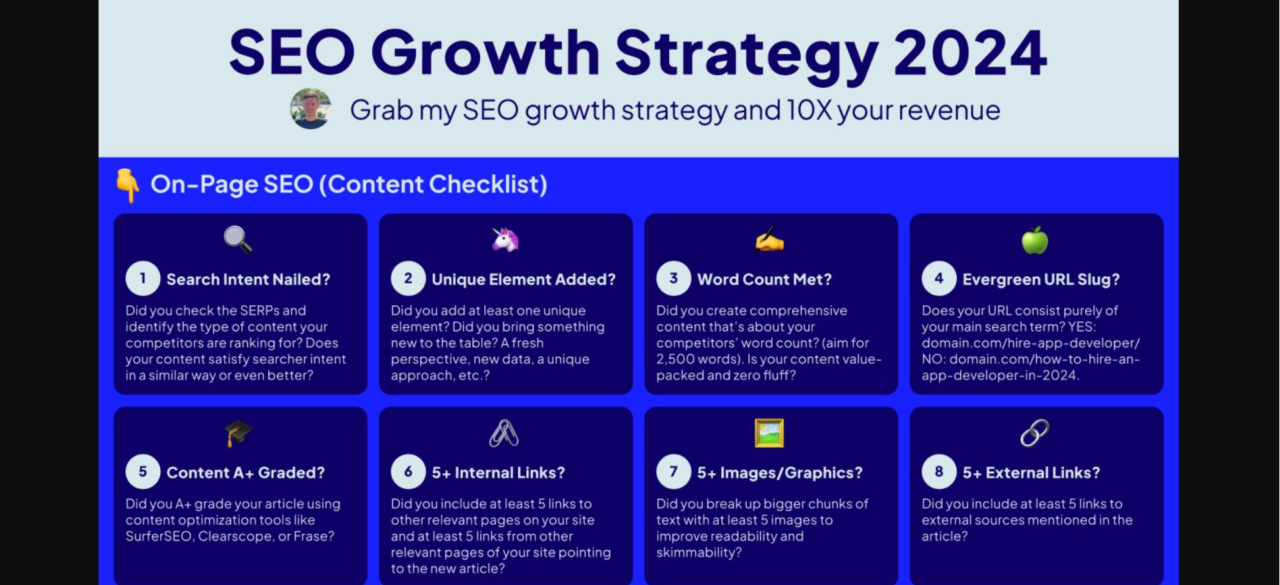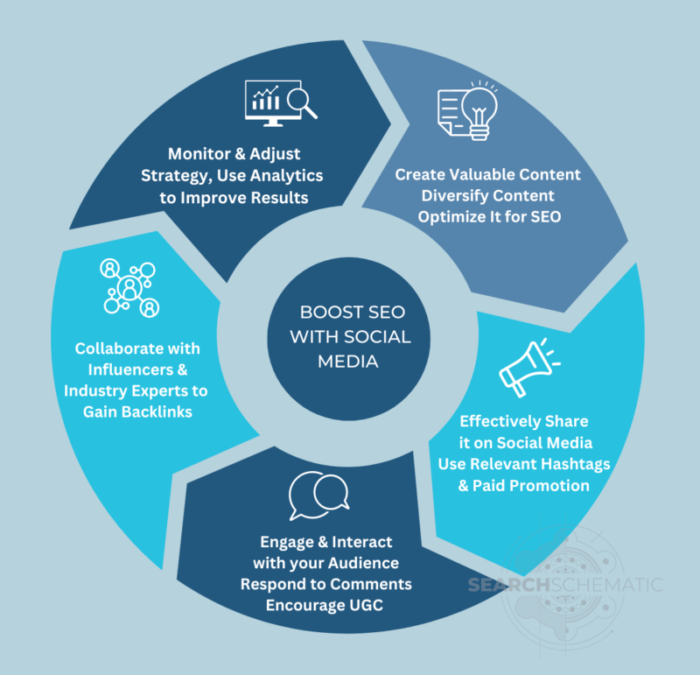Unlock the secrets to maintaining top search engine rankings with these expert tips for achieving long-lasting SEO success.

Image courtesy of via DALL-E 3
Table of Contents
Welcome! Today, we are diving into the world of SEO, which stands for Search Engine Optimization. Have you ever wondered why some websites appear at the top of search results while others don’t? Well, that’s where SEO comes into play. In this guide, we will explore how to achieve long-lasting results for websites using SEO techniques. Let’s get started!
What is SEO?
SEO, or Search Engine Optimization, is like a magic wand that helps websites show up higher in search results when people look for something online. By using specific strategies and tactics, websites can attract more visitors and become more popular.
Why Long-Lasting SEO Matters
Good SEO isn’t just a one-time thing; it’s like planting seeds that grow into a beautiful garden over time. With long-lasting SEO, websites can continue to attract visitors without constantly needing updates. It’s all about setting a strong foundation for success in the digital world.
Understanding Keywords
In order to grasp how SEO works, it’s crucial to understand the role of keywords in optimizing your website for search engines. Keywords serve as the foundation of SEO and play a vital role in helping your website attract more visitors.
What Are Keywords?
Keywords are specific words or phrases that people type into search engines like Google to find information. For example, if someone is looking for the best pizza in town, they might type in keywords like “best pizza near me.” These keywords help search engines match users with the most relevant websites based on their search queries.
Finding the Right Keywords
Choosing the right keywords for your website involves using tools and methods to identify the terms that your target audience is most likely to search for. By conducting keyword research, you can discover which terms are popular and relevant to your content.
Tools like Google Keyword Planner and SEMrush can help you uncover relevant keywords that have high search volumes. Additionally, analyzing your competitors’ keywords can provide insight into what terms are driving traffic to their websites.
When selecting keywords, it’s important to strike a balance between competitiveness and relevance. Opt for keywords that are not overly competitive yet still align with your content and are likely to attract the right audience to your website.
Creating High-Quality Content
High-quality content is like a delicious and nutritious meal for your readers. It is well-written, informative, and helpful. Just like how you enjoy your favorite book or TV show because it’s interesting and enjoyable, good content keeps your audience engaged and wanting more.
Tips for Writing Good Content
If you want to create content that people want to read and share, here are some tips to keep in mind:
First, think about what your audience wants to know. Imagine you are writing a letter to a friend, answering their questions and sharing exciting stories.
Second, keep your writing clear and easy to understand, just like we’re having a friendly chat. Avoid using long and complicated sentences that might confuse your readers.
Third, add some fun elements like pictures or videos to make your content more engaging. Just like how a fun game keeps your attention, multimedia can make your content more enjoyable.
Lastly, always double-check your work to make sure there are no spelling or grammar mistakes. Just like cleaning your room before a friend visits, proofreading ensures your content is polished and ready for others to see.
On-Page SEO Techniques
When it comes to on-page SEO, using keywords correctly is crucial for boosting your website’s visibility in search results. Start by incorporating your chosen keywords in titles and headers on each page of your website. This helps search engines understand the main topic of your content.

Image courtesy of www.linkedin.com via Google Images
Additionally, sprinkle your keywords naturally throughout your content to signal to search engines that your page is relevant to those terms. However, be careful not to overuse keywords, as this can be seen as spammy and harm your rankings.
Optimizing Images
Images play a significant role in on-page SEO, but often their importance is overlooked. When adding images to your website, make sure to include descriptive alt text that includes relevant keywords. Alt text not only helps visually impaired users understand the content of the image but also provides search engines with valuable information about the image.
Furthermore, optimize your images by reducing their file sizes without sacrificing quality. Large image files can slow down your website’s loading speed, which can negatively impact your SEO rankings. Use tools to compress images before uploading them to your site for optimal performance.
Building Backlinks
Backlinks are essential for improving your website’s SEO performance. Let’s dive into what backlinks are and why they are crucial for getting your site noticed online.
What Are Backlinks?
Backlinks are simply links from other websites that point back to your site. Think of them as recommendations or votes of confidence from other web pages. The more reputable and relevant the sources of these backlinks are, the more valuable they are in the eyes of search engines like Google.
How to Get Backlinks
To start building backlinks for your website, you can employ a variety of strategies. One effective way is to create high-quality and engaging content that others will want to link to. You can also reach out to reputable websites in your industry and ask for backlinks, or collaborate on content that provides value to both parties.
Improving Website Speed
When you visit a website, have you ever noticed how long it takes to load? Website speed refers to how quickly a website’s pages are displayed on your screen. It’s like waiting for a book to open – you want it to pop up right away, not after a long pause. Faster websites provide a better user experience because visitors don’t have to wait around. Plus, search engines like Google prefer fast-loading sites and rank them higher in search results. So, speed really does matter!
.png?width=564&height=1002&name=9%20tips%20For%20Pharma%20SEO%20-%20Infographic%20-%201200x675(1).png)
Image courtesy of blog.madebyxds.com via Google Images
Tips for Increasing Speed
Now that you know why website speed is crucial, how can you make your site load faster? Here are some tips to help:
- Reduce Image Sizes: Large images can slow down a website. Make sure to resize and compress images before uploading them.
- Use a Good Hosting Service: The hosting service you choose can affect your site’s speed. Opt for a reliable provider that offers fast servers.
By following these tips and optimizing your website for speed, you can improve user experience and boost your search engine rankings. Remember, a faster website is a happier website!
Monitoring and Updating SEO
In order to achieve long-lasting SEO results, it’s essential to monitor and update your SEO efforts regularly. This involves keeping track of how your website is performing and making necessary adjustments to ensure continued success.
Using Analytics Tools
Analytics tools like Google Analytics are invaluable when it comes to monitoring your website’s performance. These tools provide valuable insights into your website traffic, such as where your visitors are coming from, which pages they are visiting, and how long they are staying on your site. By analyzing this data, you can identify areas for improvement and adjust your SEO strategy accordingly.
Regularly Updating Content
Another important aspect of monitoring and updating SEO is keeping your content fresh and up-to-date. Search engines prefer websites that regularly publish new content, so updating your site with relevant and engaging articles can help boost your rankings. Additionally, by keeping your content current, you are more likely to attract repeat visitors and encourage them to explore other parts of your website.
Conclusion
In this guide, we’ve covered key strategies to achieve long-lasting SEO results for your website. Let’s quickly recap the main points discussed to help you on your journey to better search engine optimization:

Image courtesy of searchschematic.com via Google Images
Recap of Main Points
We started by understanding the importance of SEO, which stands for Search Engine Optimization. Good SEO helps websites attract more visitors and rank higher in search results. Choosing the right keywords is crucial for optimizing your content and improving your website’s visibility. Creating high-quality, engaging content that is informative and helpful to readers is essential for long-term success. On-page SEO techniques such as using keywords correctly and optimizing images play a significant role in improving your website’s rankings. Backlinks from reputable sources are vital for building authority and credibility. Website speed directly impacts user experience and search rankings, so optimizing your site for speed is a must. Lastly, monitoring your SEO performance and regularly updating your content will ensure sustained success.
Final Thoughts
Remember, maintaining a long-lasting SEO strategy requires effort and consistency. By following the tips outlined in this guide, you can improve your website’s performance and visibility over time. Keep implementing these effective SEO techniques, and you’ll see your efforts translate into lasting results. Good luck!
Frequently Asked Questions (FAQs)
How Long Does SEO Take?
SEO results can take some time to appear, usually several months. Search engines need time to crawl and index your website, and for your optimization efforts to make an impact. Patience is key when it comes to SEO, as the results might not be immediate but are worth the wait.
Can I Do SEO Myself?
Absolutely! While SEO can be complex, there are basic tips and strategies you can implement on your own to improve your website’s visibility and rankings. Start by focusing on creating high-quality content, using the right keywords, and optimizing your website’s speed. As you become more comfortable with these techniques, you can gradually explore more advanced SEO practices to further boost your results.







